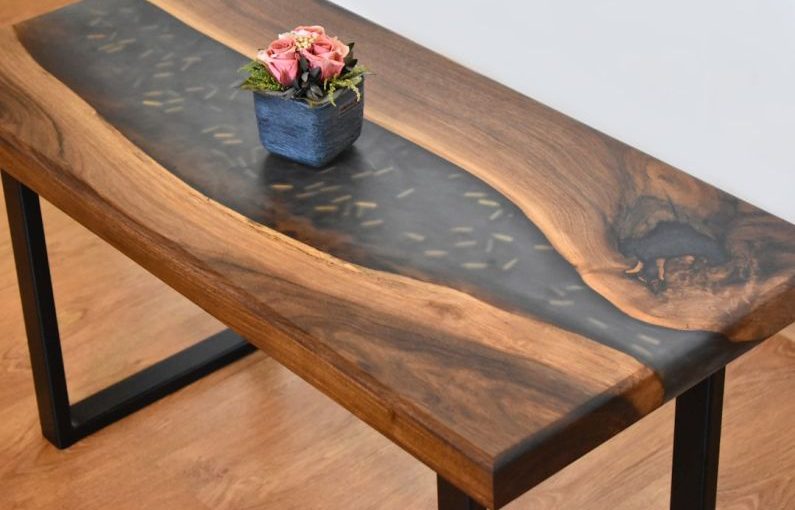Wood carving is an ancient art form that has stood the test of time, with its intricate designs and detailed craftsmanship captivating audiences for centuries. As techniques and materials evolve, artists and restoration experts are constantly seeking innovative ways to enhance and preserve these wooden masterpieces. One such material that has gained popularity in the world of wood carving is epoxy resin. This versatile substance not only aids in the restoration of damaged wood but also opens up a world of creative possibilities for artists looking to push the boundaries of traditional woodworking techniques.
**Preserving the Past: Epoxy Resins in Wood Restoration**
Wooden artifacts and sculptures are often susceptible to damage over time due to factors such as moisture, pests, and general wear and tear. When it comes to restoring these pieces, epoxy resins have proven to be a valuable tool for conservators and restoration experts. By using epoxy resins to fill cracks, reinforce weakened areas, or replace missing sections of wood, experts can effectively restore the structural integrity of the piece while maintaining its original aesthetic.
Unlike traditional wood fillers, epoxy resins offer a high level of durability and stability, ensuring that the restored piece will stand the test of time. Epoxy resins also have excellent adhesive properties, allowing restorers to bond pieces of wood together seamlessly. Additionally, epoxy resins can be tinted to match the color of the wood, making them virtually indistinguishable from the surrounding material once cured. This ability to blend in seamlessly makes epoxy resins an ideal choice for restorations where aesthetics are a top priority.
**Unleashing Creativity: Epoxy Resins in Wood Carving**
While epoxy resins are invaluable in the restoration of wooden artifacts, their use in wood carving for creative purposes is where their true potential shines. Artists and woodworkers are increasingly turning to epoxy resins to add a modern twist to their traditional wood carving projects. By incorporating resin into their designs, artists can achieve unique visual effects, add colorful accents, or create striking contrasts that would be difficult to achieve with wood alone.
One of the most popular techniques involving epoxy resins in wood carving is known as “resin casting.” In resin casting, artists pour colored epoxy resin into carved-out sections of wood, creating eye-catching inlays and patterns. This technique allows artists to experiment with different colors, textures, and shapes, resulting in one-of-a-kind pieces that showcase the perfect marriage of wood and resin.
**Beyond Boundaries: Pushing the Limits of Woodworking**
The use of epoxy resins in wood carving not only allows artists to enhance the aesthetic appeal of their creations but also enables them to push the boundaries of traditional woodworking techniques. Epoxy resins can be sculpted, sanded, and polished just like wood, giving artists the freedom to explore new forms and textures in their work. Whether used as a standalone material or in conjunction with wood, epoxy resins offer endless possibilities for creative expression in the realm of woodworking.
**Elevating Artistry: The Future of Epoxy Resins in Wood Carving**
As artists and restoration experts continue to explore the potential of epoxy resins in wood carving, it is clear that this versatile material has a bright future in the world of woodworking. From preserving ancient artifacts to creating contemporary masterpieces, epoxy resins have proven to be a valuable asset for anyone looking to elevate their craftsmanship and unleash their creativity. By embracing the unique properties of epoxy resins and incorporating them into their work, artists can breathe new life into traditional wood carving techniques and pave the way for a new era of innovation in the field.





